Quality plastics play a crucial role in manufacturing, yet many insights about them remain hidden. Understanding these lesser-known aspects can significantly impact product quality, safety, and sustainability. Here are five important things about quality plastics that you might not know.
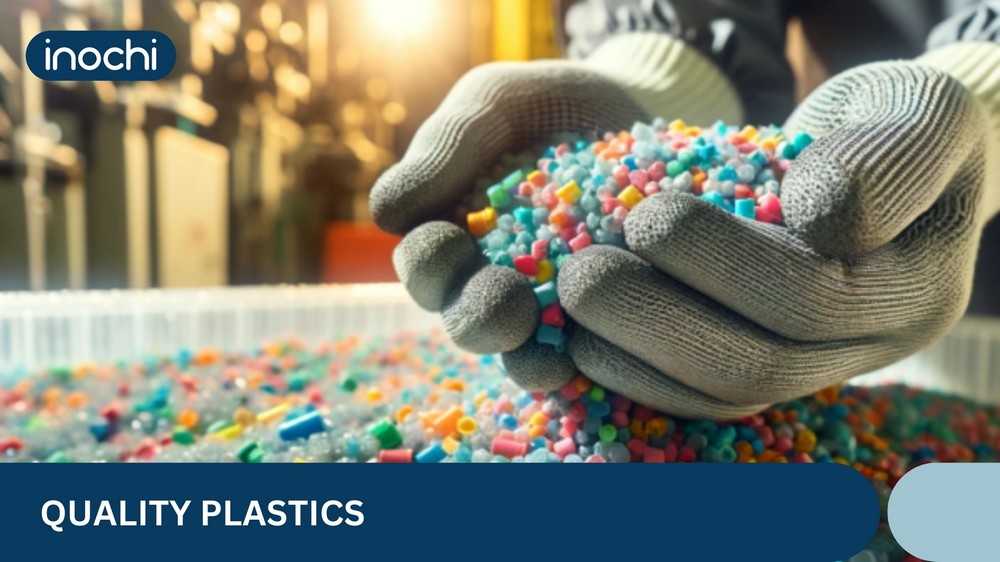
1. What is Quality Plastics?
there are a few types of plastics that are generally considered higher quality or safer options compared to others:
- Polyethylene Terephthalate (PET) – This type of plastic is commonly used for food and drink packaging. It is widely recycled and has a good track record for being environmentally friendly.
- High-Density Polyethylene (HDPE) – This plastic is very strong and durable. It is used for things like grocery bags, milk jugs, and recycling bins. HDPE is also relatively easy to recycle.
- Polypropylene (PP) – Polypropylene is a hard, sturdy plastic that can withstand high temperatures. It is found in products like tupperware, car parts, and disposable diapers. Polypropylene is the second most commonly produced plastic.
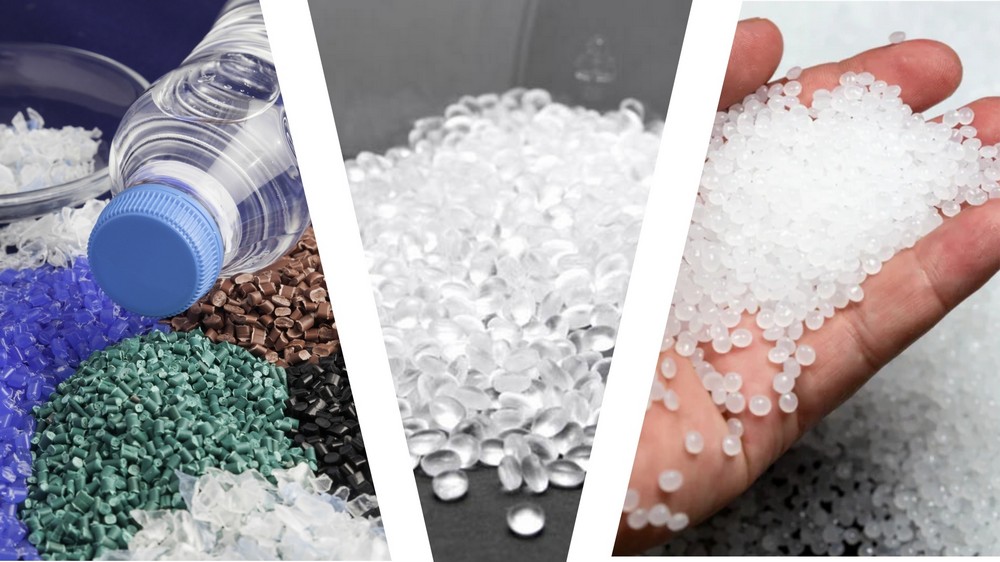
These three plastic types – PET, HDPE, and PP – are generally viewed as higher quality and safer options compared to some other plastic varieties like PVC and polystyrene (Styrofoam), which can release harmful chemicals.
2. Mind-Blowing Facts About Quality Plastics You Should Know
This information not only helps consumers in product maintenance but also enhances their understanding of the products they use daily. By recognizing the demand for high-quality products, manufacturers and distributors are also aware of the need to produce and supply the best options available.
2.1. The Science Behind Plastic Degradation
Many people don’t realize how plastics degrade over time. Understanding this science is essential for manufacturers and distributors to create better products or help users care for them.
What is plastic degradation?
Plastic degradation is the process by which plastic materials lose their strength and quality. This can happen due to a number of factors, and understanding these factors can help you make smarter choices in manufacturing and selling.
Key factors that affect durability
- UV exposure: When plastic is exposed to sunlight, ultraviolet (UV) rays can weaken the plastic. Over time, this exposure can make the plastic brittle and more likely to break. For outdoor products, it is important to choose materials that are resistant to UV damage.
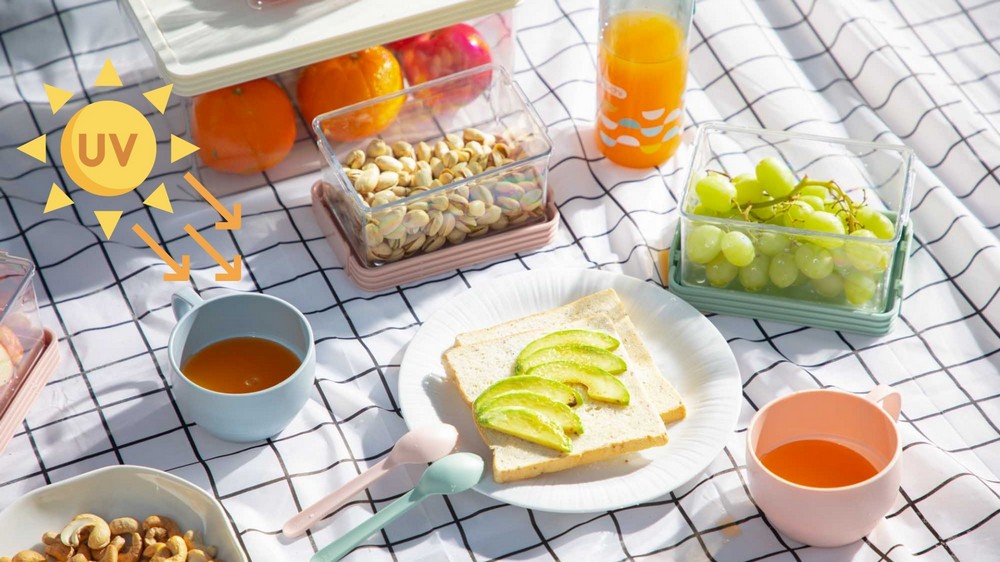
- Temperature fluctuations: Extreme temperatures can also damage plastic. High temperatures can cause some plastics to warp, while extremely low temperatures can make them too rigid and brittle.
By understanding how plastics degrade, manufacturers can design products that are more durable and perform better.
For example, if you know your product will be used outdoors, you can choose quality plastics with UV-resistant or add a protective coating. This not only improves product quality but also increases customer satisfaction.
For distributors and retailers, educating customers about the longevity of plastics can help build trust. When you explain how certain products are designed to withstand the elements, customers are more likely to choose those items over cheaper, less durable options.
However, if the customer only intends to buy plastic items for use in the kitchen, then it is completely fine.
2.2. The Role of Additives Beyond Strength
When we talk about quality plastics, many people only think about how strong they are. However, there’s a lot more to additives that go into plastic materials than just making them strong.
What are additives?
Additives are special chemicals mixed into plastics during production. They help improve certain properties of the plastic, making them better suited for different uses.
Key functions of additives
- Flexibility: Some additives make plastics more flexible. This is important for products that need to bend or stretch without breaking, like certain types of packaging or toys.
- UV resistance: Other additives help protect plastics from UV rays, which can cause fading and brittleness when exposed to sunlight. This is especially important for outdoor products like garden furniture.
- Stability: Additives can also make plastics more stable, helping them resist heat and chemical damage. This means the products will last longer and perform better in tough conditions.
- Antibacterial and antiviral: Some factories like Inochi Global produce high-quality products, especially kitchen utensils, and they will add this additive into their products. But I tell you, not many factories do that.
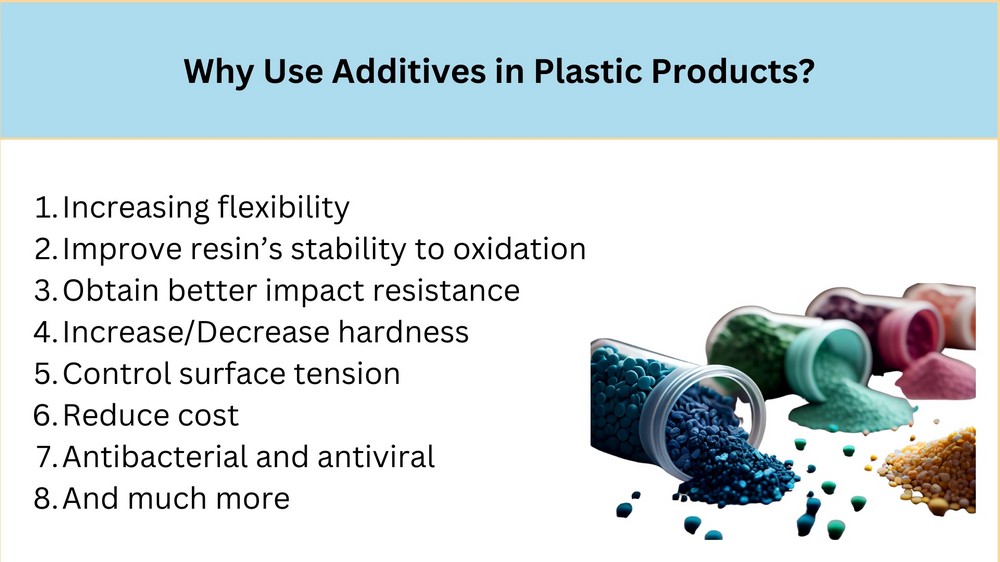
Some may say that additives are not important because they are simply “substances added in.” However, with the benefits they provide—such as improved performance, increased durability, and reduced production costs—they truly are a strategic advantage for the manufacturer!
Therefore, products made from quality plastics do not necessarily have to be 100% virgin plastic. Remember that.
2.3. The Environmental Trade-offs of Quality Plastics
When we think about quality plastics, we often focus on their strength and durability. However, it’s important to also consider their impact on the environment. Here are some key points to understand the trade-offs involved.
The hidden costs
- Production impact: Making high-quality plastics can require a lot of energy and resources. This means that while the final product may be strong and long-lasting, the process of creating it can contribute to pollution and resource depletion.
- Waste and recycling: Not all quality plastics are easily recyclable. Some types can end up in landfills, where they take many years to break down. This creates waste that harms the environment.
Misunderstandings about biodegradable plastics
Many people think that biodegradable plastics are a perfect solution. However, they often need special conditions to break down properly, like industrial composting facilities. If they end up in regular landfills, they may not decompose as expected.
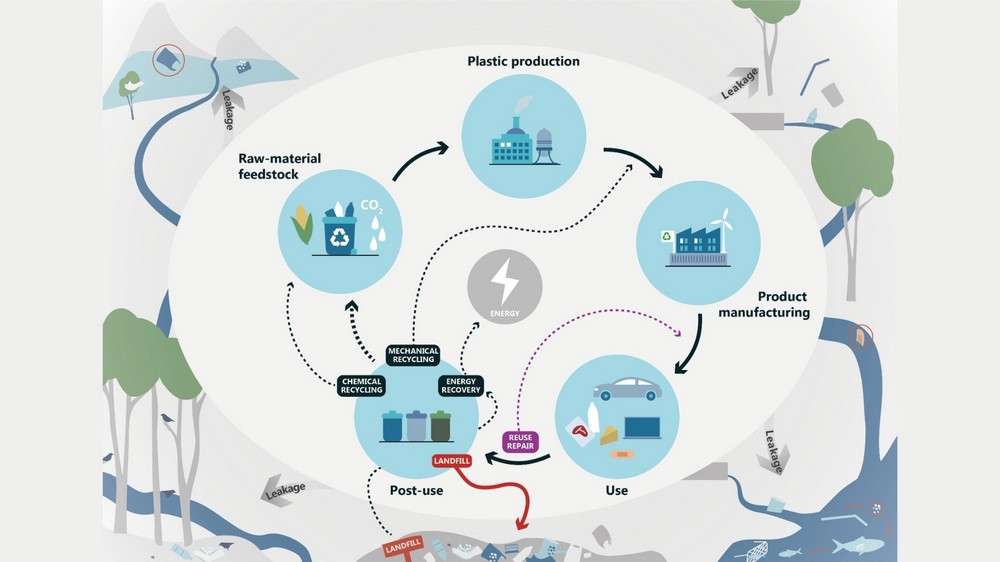
Duties of manufacturers and distributors
Manufacturers face a challenge that they want to produce high-quality plastic products, but they also need to be mindful of the environment. This means choosing materials and processes that reduce negative impacts.
For distributors and retailers, being aware of these trade-offs allows you to educate customers. When you explain the importance of sustainable practices, you can build trust and appeal to eco-conscious buyers.
2.4. Innovations in Quality Control Techniques
AI is the future of all industries, including plastics manufacturing, and while it’s not yet widespread, recent advances in technology are changing the way manufacturers ensure quality. Here are some key advancements that could make a big difference.
Real-time monitoring
With new technology, manufacturers can now monitor the production process in real time. This means they can check for problems as they happen, not just after the products are made. For example:
- Sensors: These can detect issues like temperature changes or inconsistent materials during production, and even filter out quality plastics from bad ones, how cool is that? If a problem arises, adjustments can be made immediately to prevent defective products.
Use of Artificial Intelligence (AI)
AI is becoming a valuable tool in quality control. It can analyze large amounts of data to identify patterns and predict potential defects. Here’s how it helps:
- Predictive analysis: AI can learn from past production data to forecast issues before they occur. This allows manufacturers to take action early, reducing waste and improving product quality.
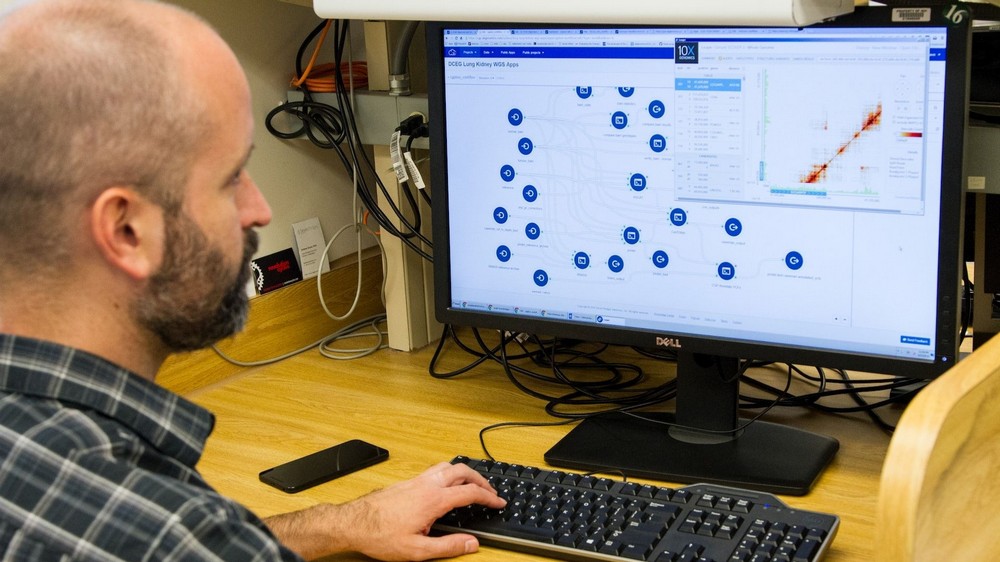
Automation in testing
Innovations have also improved how products are tested for quality. Automated systems can perform tests more quickly and accurately than humans. For example:
- Robotic testing: Robots can carry out physical tests to check the strength and durability of plastic products, ensuring they meet safety standards.
Benefits for manufacturers and distributors
These advancements benefit manufacturers by reducing costs and improving efficiency. When quality issues are caught early, it saves time and money.
For distributors and retailers, knowing that products have undergone rigorous quality control can boost customer confidence. When you can assure customers of high standards, they are more likely to trust and choose your products.
2.5. The Psychological Impact of Material Quality
The quality of materials used in plastic products can significantly affect how people feel about them. This is not just about performance; it’s also about perception. Here’s why material quality matters psychologically.
Consumer Trust
- First impressions: When consumers see a well-made plastic product, they often assume it is reliable and safe. Quality materials can create a positive first impression, leading to trust in the brand.
- Brand loyalty: If customers have good experiences with quality plastics, they are more likely to return and buy more. They associate the brand with quality, making them loyal customers.
Perceived Value
- Higher expectations: People tend to believe that better-quality materials mean a better product overall. This can lead to a willingness to pay more for items that feel high-quality.
- Emotional connection: Quality plastics can evoke feelings of satisfaction and confidence. When consumers feel good about their purchases, it enhances their overall experience.
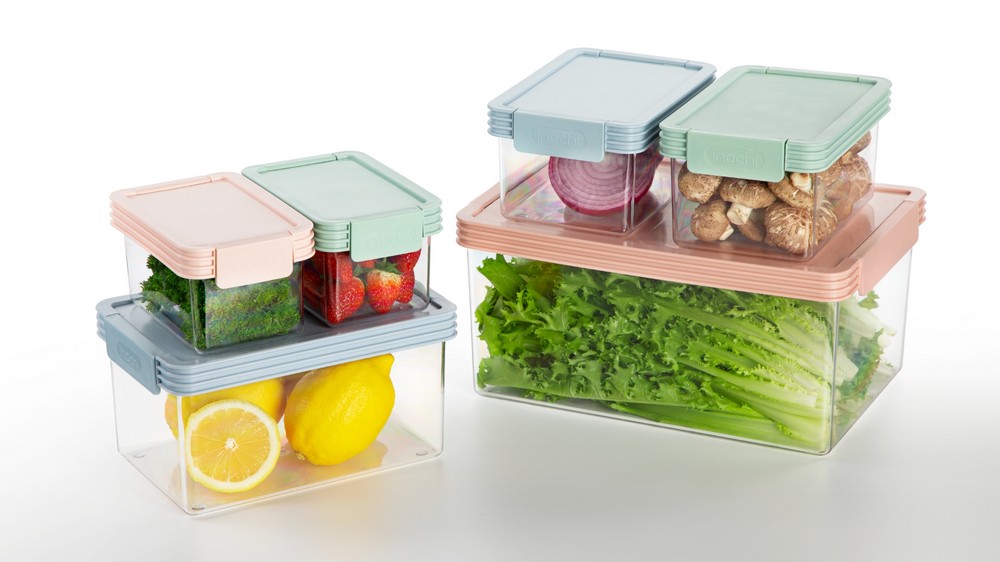
Marketing Advantage
- Effective messaging: Brands that emphasize the quality of their materials in advertising can attract more customers. When you highlight the durability and safety of your plastics, it resonates with buyers.
- Product differentiation: In a crowded market, focusing on material quality can help your products stand out. Customers are often willing to choose a product they perceive as superior.
What this means for manufacturers
Manufacturers should prioritize using high-quality materials to create products that customers trust. By doing so, they enhance their brand image and encourage repeat purchases.
| And this is exactly the goal that Inochi Global is aiming for: to provide truly quality products with eye-catching designs at optimal prices so that all suppliers around the world can access them. A reasonable price does not mean using inferior materials or compromising on quality. Why? Simply because we are Inochi Global! If you want to learn more or need detailed information about our products, or just want to know how we optimize costs, please contact us on WhatsApp: +84 83 214 8855. |
In conclusion, understanding the lesser-known aspects of quality plastics can significantly enhance your approach to manufacturing and distribution. By prioritizing these insights, you can improve product performance, sustainability, and customer trust in your quality plastics.





